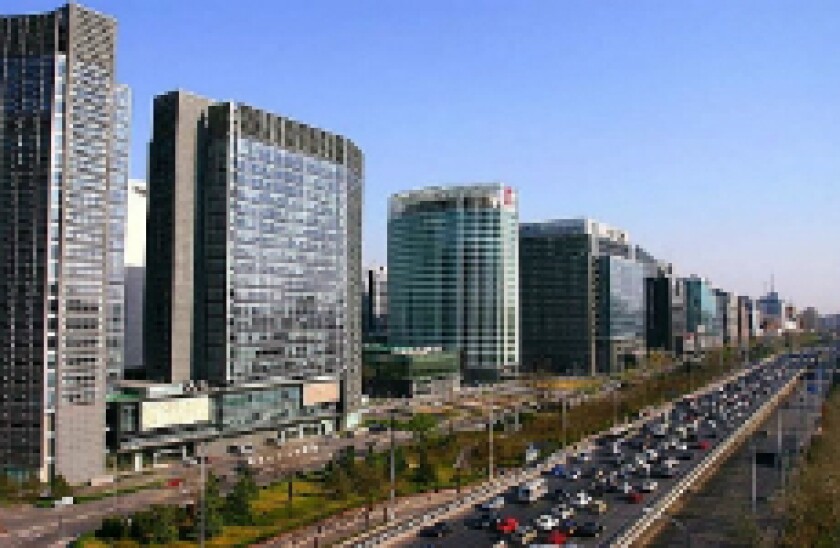PBoC has opened the way to triparty repo in the interbank bond market, the central bank announced on October 17. Although triparty repo is a common model in mature markets, it has not yet been implemented in China. With triparty repo, two of the transacting parties only need to discuss the amount, interest rate and terms of the financing, while a third party is in charge of the selection and valuation of the collateral.
“In recent years, there has been a growing and diverse group of investors participating in the interbank repo market,” the statement said. “As a result, there is growing need for more detailed management guidelines for the usage of repo collateral. Introducing the triparty repo model can help reduce settlement failures, ensure effective coverage of risk exposures during the repurchase period, and improve the market’s risk prevention and control abilities.”
For now, only depository and settlement agencies for interbank bonds can act as third parties. But in the future, large banks with corresponding capabilities can also provide such services, said the statement.
*
China’s Ministry of Commerce (MofCom) published trade data for the first three quarters of this year on October 17. Exports were Rmb11.86tn and imports totalled Rmb10.42tr, or a combined Rmb22.28tr, a 9.9% increase year-on-year, or a 6.5% and 14.1% increase, respectively. Trade surplus narrowed 28.3% YoY to Rmb1.44tr. Exports to BRICS countries and Belt and Road Initiative countries grew 9.7% and 7.7% respectively.
MofCom also released data on China’s investments and collaborations abroad for the first three quarters in a separate statement. Domestic investors made a total of $82bn in non-financial investments overseas, a 5.1% increase YoY. The investments targeted 155 countries and regions.
Investments in BRI countries was $10.8bn, a 12.3% increase on a year earlier. The total revenue from international projects came to $58.5bn, an increase of 18.4%. Cross-border mergers and acquisitions are becoming popular, MofCom noted. M&A deal value was $43.3bn across 49 countries and 17 industries. The building of overseas economic and trade co-operation zones, an initiative first pinned down by president Hu Jintao in 2006, has seen “significant results”, MofCom added. To date, there have been 113 of these economic and trade co-operation zones set up in 46 countries, with 4,663 enterprises, churning out $111.7bn in output value. Lastly, international contracted projects tended to be large. So far this year, there were 517 contracts signed for more than $500bn, taking up 85.1% of total contract value.
*
In an interview with state media, Liu Shiyu, chairman of the China Securities Regulatory Commission (CSRC), said the regulator would keep opening up the onshore market, as well as stabilise and boost market confidence.
Liu said the CSRC would emphasise the deepening of market reform by supporting foreign-owned asset management firms to set up onshore legal entities.
*
The Hong Kong Monetary Authority (HKMA) appointed Bu Yongxiang as a senior adviser, the body said on October 12. Bu is on secondment from the PBoC. He will offer advice and assistance around financial co-operation between Hong Kong and the Mainland, further development of renminbi businesses in Hong Kong, and promotion of the city’s financial services industry on the Mainland, the HKMA said in a statement. He was the deputy director general of the PBoC’s Research Institute before his secondment.

